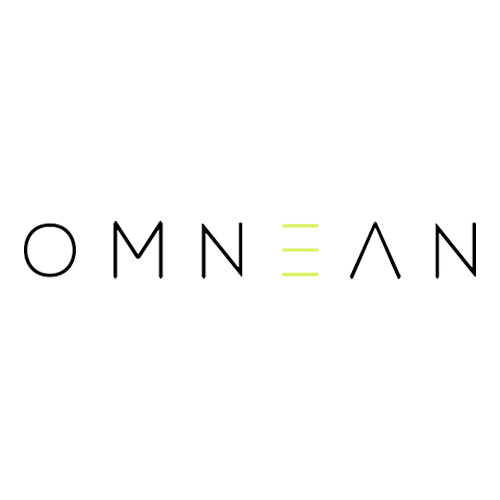March 8, 2017
Capitol Media Services
Howard Fischer
The state’s business community will take its last-ditch effort to kill a voter-approved minimum wage hike to the Arizona Supreme Court Thursday.
But it remains to be seen whether the business groups led by the Arizona Chamber of Commerce and Industry can get the relief from having to pay their workers more — even if their lawyers actually win.
That’s because the justices told the attorneys the only issue they want them to debate is whether Proposition 206 violates a provision of the Arizona Constitution. It says if an initiative forces the state to spend more money it also must include a source for those dollars.
Proposition 206 specifically exempts the state from the requirement that workers now be paid at least $10 an hour, a figure that goes up to $12 by 2020. The state also does not have to comply with another provision that mandates employers give workers at least three days a year of paid sick leave.
State officials have said, however, they’re effectively forced to shell out more money to the private companies that are under contract to provide things like nursing home and in-home care, companies that are subject to Proposition 206. Those contracts were built on the basis of the minimum wage being $8.05 an hour.
But attorney Jim Barton who is defending the initiative contends that even if challengers convince the court there is a constitutional violation, that doesn’t help the business community.
He reads the constitutional provision to say the only thing the justices can do is relieve the state from any obligation to increase its spending. More to the point, that would leave Proposition 206 in place — and in effect for the millions of Arizonans working for private companies and other levels of government.
Attorney Tim LaSota, however, is hoping to convince the justices that the failure of Prop 206 supporters to provide the source of revenues for the state voids the entire measure, including the provisions governing private industry.
But that is based on the yet-to-be-proved premise that the initiative actually forces the state to spend any money at all.
In a ruling in December, Maricopa County Superior Court Judge Daniel Kiley said it may be that the state’s Medicaid program will increase what it pays to private contractors that offer nursing home and in-home services.
AHCCCS officials have said they are planning to increase payments by close to $50 million to help contractors who say they may go out of business if they have to pay their workers more but the state reimbursement rate remains the same. Those contracts were negotiated based on the $8.05 an hour minimum wage in effect at the time.
But Kiley said nothing in the initiative actually mandates the higher expenditure. And he pointed out that both Arizona law and the contracts with Medicaid providers have provisions which say the state does not have to spend money it does not have.
Even the amount of money remains in dispute.
The Arizona Association of Providers with Disabilities has estimated the state needs to come up with an extra $15 million between now and June 30, when the fiscal year ends, so they can pay their employees that $10 minimum. And for the coming budget year they put the price tag at $58 million.
But the Grand Canyon Institute, a nonpartisan research corporation, said in a report earlier this week it found flaws in that analysis.
For example, it contends that higher wages will mean less annual turnover and reducing employer costs. And GCI says the requirement in Proposition 206 for at least three days of paid sick leave is not entirely new, with some providers already offering it.
The bottom line, according to GCI, would be costs next year between $18.5 million and $21.1 million.














